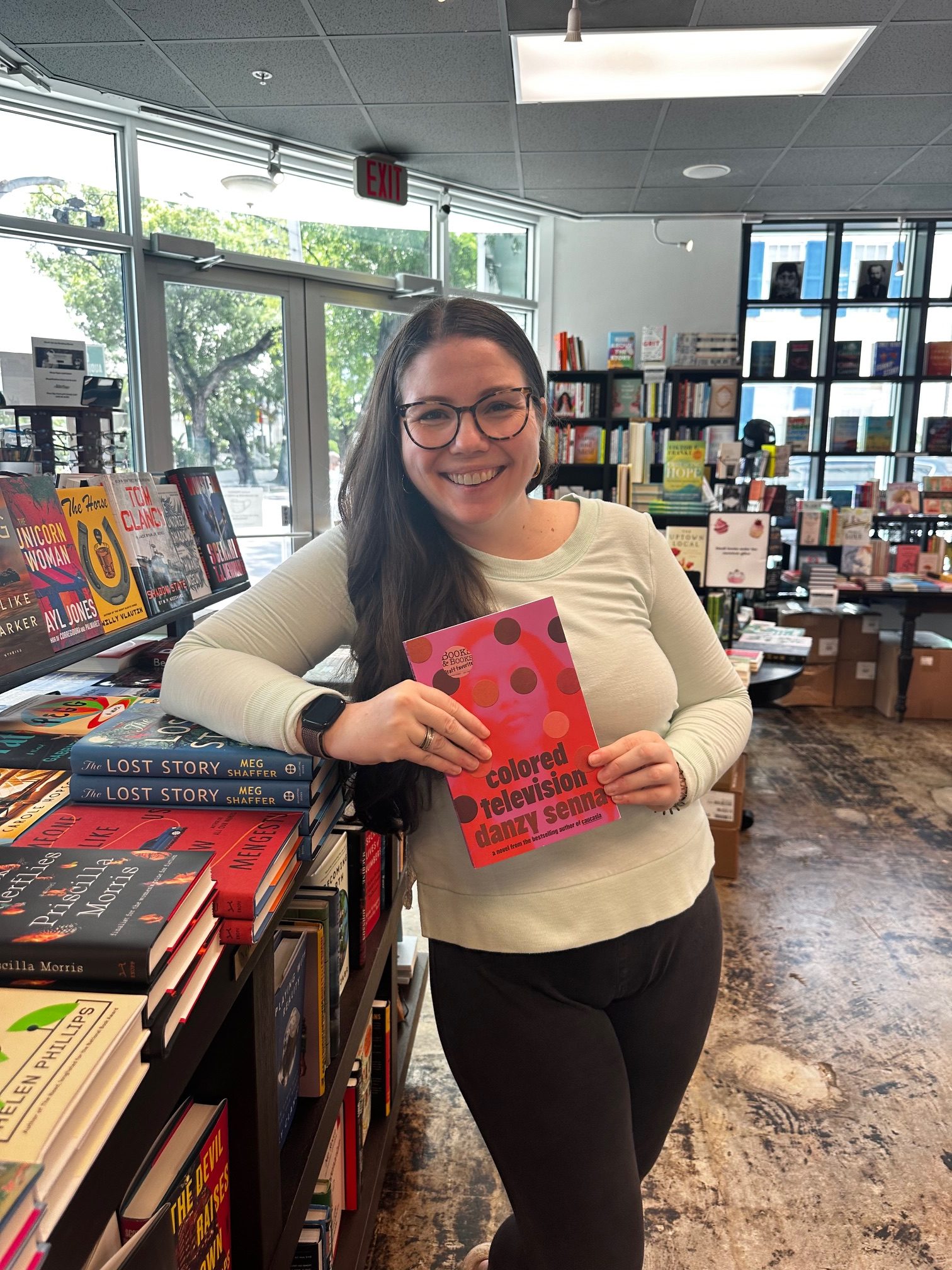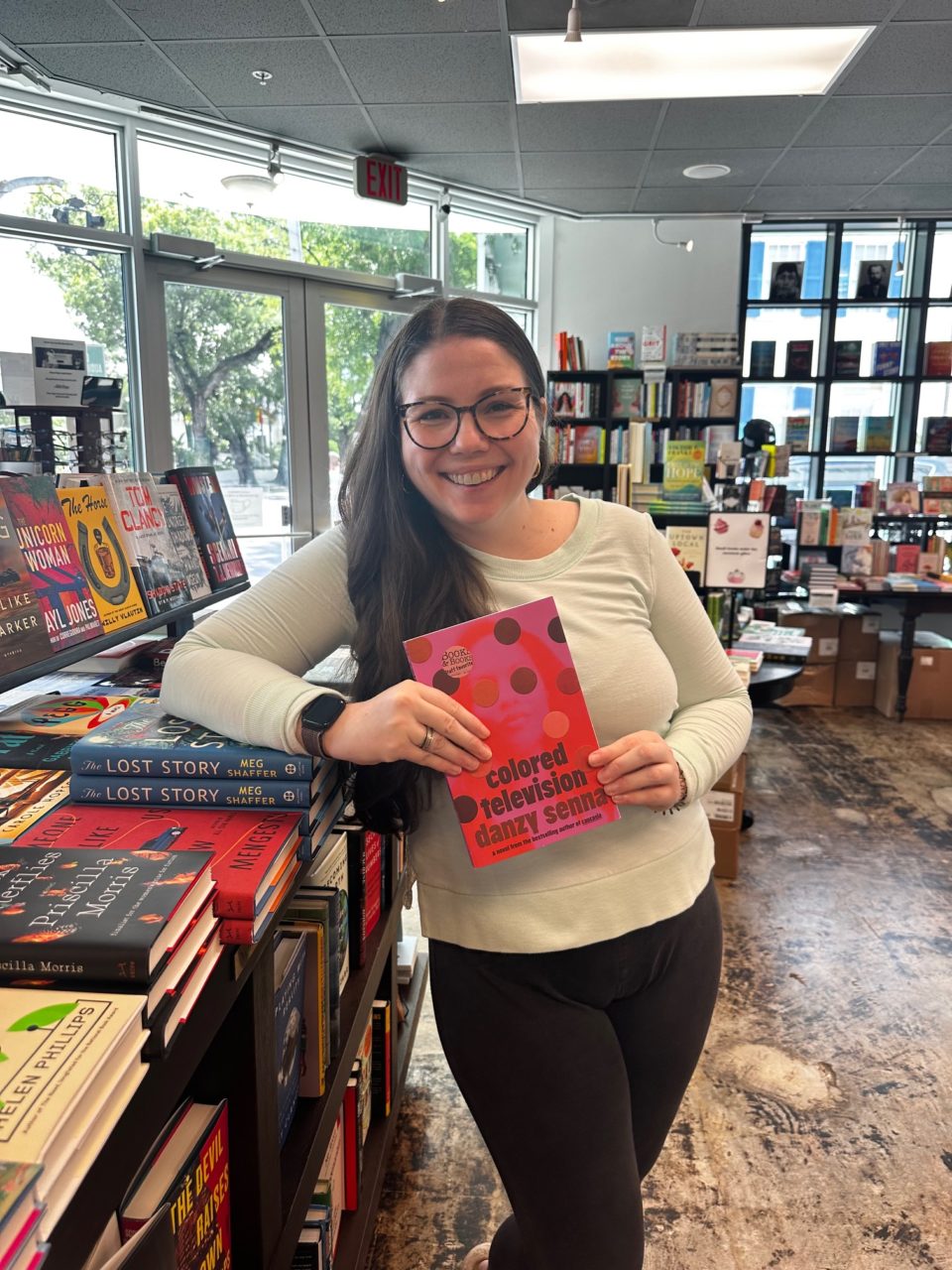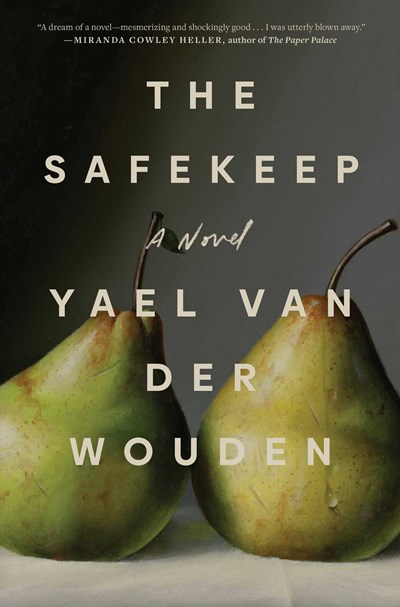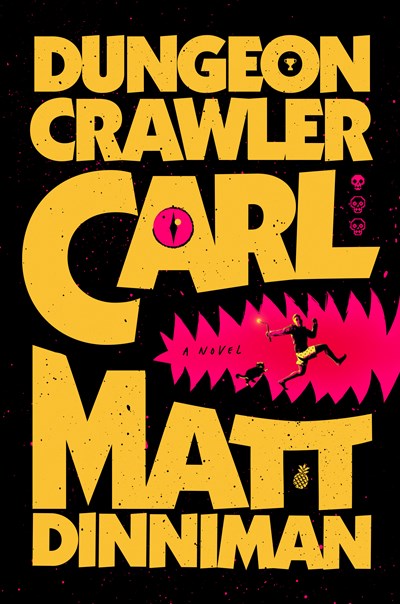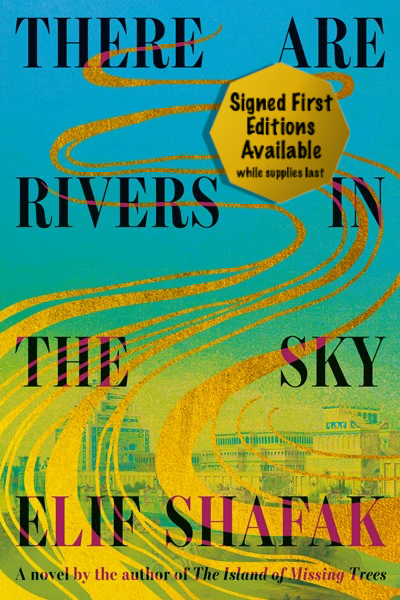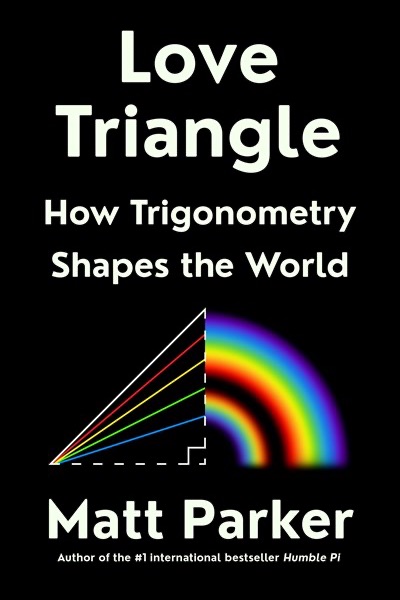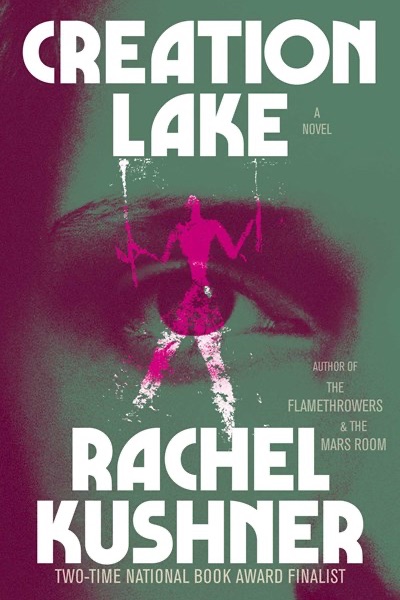
LONGLISTED FOR THE 2024 BOOKER PRIZE*
Named a Most Anticipated Book of 2024 by Time, LitHub, The Millions, Vogue, Harper’s Bazaar, The Guardian, Publishers Weekly, and more!
“At last I get to say how deeply, madly, irrecoverably I loved Creation Lake…it was all stylish and cool, and then somehow the book struck a blow to my heart.” —Louise Erdrich, Kirkus
From Rachel Kushner, a Booker Prize finalist, two-time National Book Award finalist, and “one of the most gifted authors of her generation” (The New York Times Book Review), comes a new novel about a seductive and cunning American woman who infiltrates an anarchist collective in France—a propulsive page-turner of glittering insights and dark humor.
Creation Lake is a novel about a secret agent, a thirty-four-year-old American woman of ruthless tactics, bold opinions, and clean beauty, who is sent to do dirty work in France.
“Sadie Smith” is how the narrator introduces herself to her lover, to the rural commune of French subversives on whom she is keeping tabs, and to the reader.
Sadie has met her love, Lucien, a young and well-born Parisian, by “cold bump”—making him believe the encounter was accidental. Like everyone Sadie targets, Lucien is useful to her and used by her. Sadie operates by strategy and dissimulation, based on what her “contacts”—shadowy figures in business and government—instruct. First, these contacts want her to incite provocation. Then they want more.
In this region of centuries-old farms and ancient caves, Sadie becomes entranced by a mysterious figure named Bruno Lacombe, a mentor to the young activists who communicates only by email. Bruno believes that the path to emancipation from what ails modern life is not revolt, but a return to the ancient past.
Just as Sadie is certain she’s the seductress and puppet master of those she surveils, Bruno Lacombe is seducing her with his ingenious counter-histories, his artful laments, his own tragic story.
Written in short, vaulting sections, Rachel Kushner’s rendition of “noir” is taut and dazzling. Creation Lake is Kushner’s finest achievement yet as a novelist, a work of high art, high comedy, and unforgettable pleasure.


